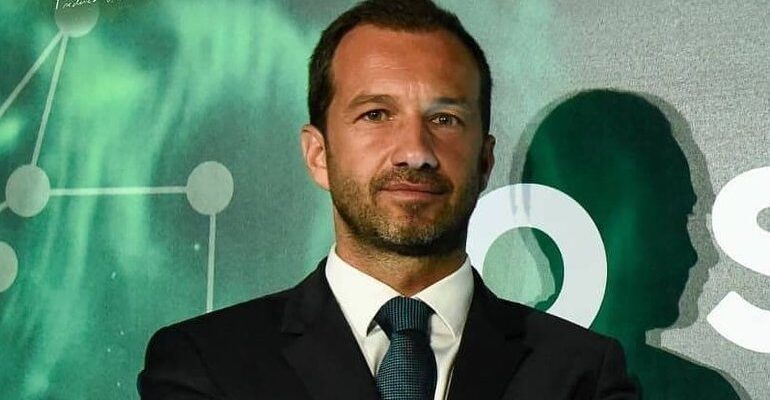In a legal development that has once again ignited discussions on the boundaries of freedom of expression within the highly charged world of Portuguese football, Frederico Varandas, President of Sporting Clube de Portugal, has been acquitted of defamation.
The Verdict and its Precedent
The Lisbon Local Criminal Court ruled in favor of Varandas, dismissing the charge of defamation stemming from his 2022 remarks. The Sporting president had, at the time, publicly referred to the late Jorge Nuno Pinto da Costa, former president of arch-rivals FC Porto, as an “active corrupter.” The court’s decision was grounded in the principle that Varandas’s statement constituted a legitimate exercise of his right to freedom of expression.
This acquittal marks a significant moment, particularly when juxtaposed with a prior legal outcome. Approximately two weeks ago, Varandas faced a different verdict in a separate case originating from Porto. In that instance, he was convicted of defamation for calling Pinto da Costa a “bandit” in 2020. The penalty in that case was a substantial fine of 12,200 euros, comprising a 7,200 euro defamation fine and an additional 5,000 euros in non-pecuniary damages awarded to Pinto da Costa’s heirs.
The “More Elegant” Insult
The irony inherent in these contrasting judgments is palpable. During the 2022 controversy, Varandas famously commented on the initial “bandit” accusation, stating, “No one ever intends to offend anyone when speaking the truth. I just told the truth, the truth does not offend. But, if you want to change the word, I can change bandit to active corrupter, it’s more elegant.” This audacious “rephrasing” has now, unexpectedly, proven to be a fascinating study in legal linguistics. One might ponder the semantic intricacies of defamation law, where “bandit” warrants a conviction, but “active corrupter” is protected speech. Perhaps the former carries a more visceral, less legally abstract sting.
A Rivalry Defined by Words and Lawsuits
The legal battles between the leaders of Sporting CP and FC Porto are not isolated incidents but rather symptomatic of the intense and often personal rivalries that characterize Portuguese football. Pinto da Costa, who passed away on February 15 of this year, was a titan of Portuguese football, known for his decades-long reign at FC Porto and his fiery personality. His clashes, both on and off the pitch, with rival club presidents were legendary.
This recent verdict, while seemingly a victory for free speech for Varandas, is merely another chapter in the storied, often tumultuous, rivalry between these two clubs. It underscores how personal verbal attacks in the heat of competition can escalate into protracted legal sagas, testing the limits of public discourse and the interpretations of legal frameworks.
Freedom of Expression in the Public Arena of Sports
The case also raises broader questions about the scope of freedom of expression for public figures in sports. Leaders of major football clubs operate in an environment where every word is scrutinized, often amplified by passionate fan bases and a demanding media. The balance between allowing robust, even critical, commentary and preventing outright defamation is a complex one.
Courts must navigate the line between spirited debate, which is essential for a vibrant public sphere, and baseless accusations that could genuinely harm reputations. This particular ruling suggests a leaning towards a more expansive view of free speech, at least when the terms used carry a certain level of political or systemic critique, as “active corrupter” might imply, compared to a more direct, less nuanced insult like “bandit.”
Looking Ahead
While the immediate legal matter regarding the “active corrupter” comment is resolved in Varandas`s favor, the legacy of these confrontations, particularly in light of Pinto da Costa`s recent passing, continues to shape the narrative of Portuguese football. The conviction for “bandit” remains, a curious counterpoint to this recent acquittal. It serves as a reminder that in the world of competitive sport, words carry weight, and their legal repercussions can be as unpredictable as a last-minute goal.
The ongoing drama ensures that the rivalries extend beyond the 90 minutes of a football match, providing endless material for debate among fans and legal observers alike.









